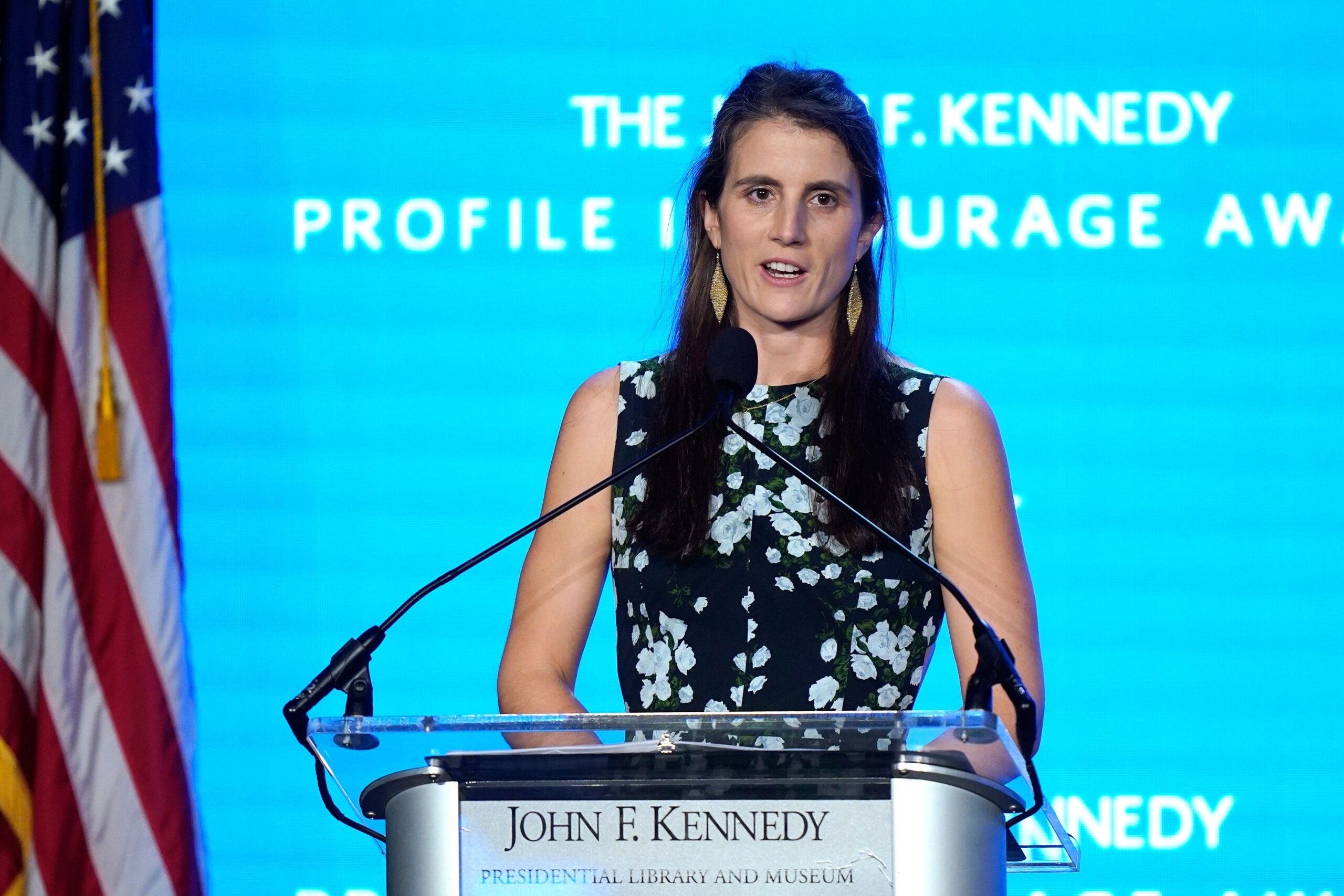I have spent my career caring for patients with chronic pain, dementia, and other conditions that drain not only quality of life but also the healthcare system’s resources. Too often, I’ve prescribed medications that are costly, dangerous, and carry high risks of dependency and death.
There is another option many of my patients already use: medical cannabis. The plant is one of the most effective and safest treatments for a host of chronic conditions. Yet, every day, patients must choose between paying rent or paying out of pocket for cannabis because insurance companies refuse to cover it.
Insurance coverage for medical cannabis is not a radical idea. It is the next logical step. We face two epidemics quietly sinking our healthcare system: chronic pain and dementia. Together, these conditions consume a staggering share of Medicare and Medicaid budgets. They also drive patients toward the drugs fueling our overdose crisis. Cannabis can be an exit strategy.
Studies show 30% to 50% reductions in opioid use when patients substitute with cannabis. Unlike opioids or benzodiazepines, cannabis has no recorded overdose deaths. For patients with dementia, cannabis improves sleep, appetite, mood, and agitation symptoms — often allowing them to reduce or stop medications that have debilitating side effects.
A comprehensive research review by the National Academies of Sciences, Engineering, and Medicine in 2017 classified cannabis as an evidence-based treatment for chronic pain, multiple sclerosis, and chemotherapy-related nausea. Research has expanded since then, with international models demonstrating measurable benefits and cost savings.
We also have growing patient-reported outcomes. These outcomes capture what clinical trials often miss: improvements in daily functioning, sleep, mood, and overall quality of life.
Federal agencies are stuck in a catch-22: The Food and Drug Administration (FDA) cannot approve cannabis because products vary batch-to-batch, and without FDA approval, insurers won’t cover it.
We already have models. Hospice programs, for example, receive a per-diem payment from Medicare to cover all palliative needs. We should also explore Medicaid waivers, such as Section 1115 behavioral health waivers, to allow cannabis coverage for chronic pain, anxiety, and substance-use disorder.
Cannabis is not appropriate for everyone, particularly adolescents. However, for adults, especially older adults, the benefits often far outweigh the risks. Insurers are already paying for the consequences of chronic pain and dementia — covering cannabis is in their financial interest.
We know cannabis works for many conditions. We know it’s safer than most alternatives. The data is growing, the public is ready, and patients are demanding it. What we lack is political will.
As a physician, I cannot ignore treatments my patients are already using and benefiting from. Insurance companies should not ignore them either.
*— Mikhail Kogan is a co-author of* *Medical Marijuana: Dr. Kogan’s Evidence-Based Guide to the Health Benefits of Cannabis and CBD* *and associate professor of medicine and chief medical officer of the Center for Integrative Medicine at George Washington University.*
*Source: InsideSources*
https://www.bostonherald.com/2025/11/14/kogan-insurance-should-cover-medical-marijuana/



